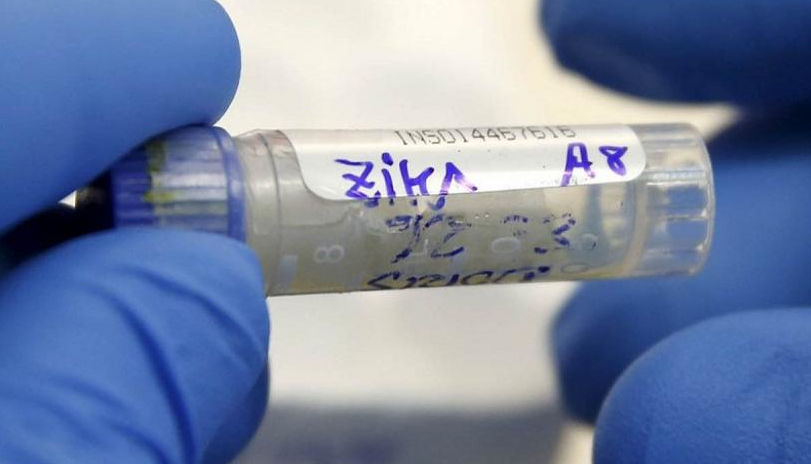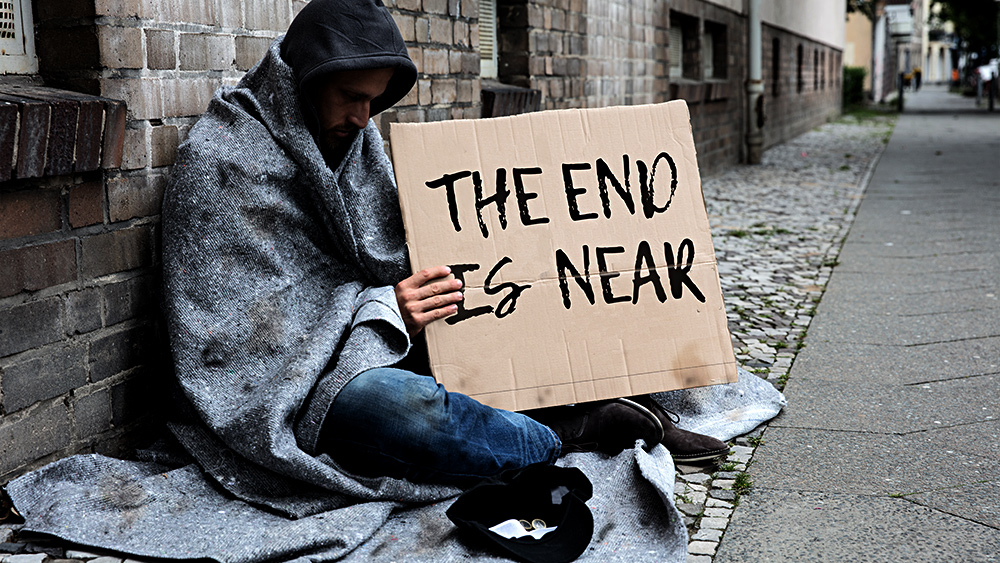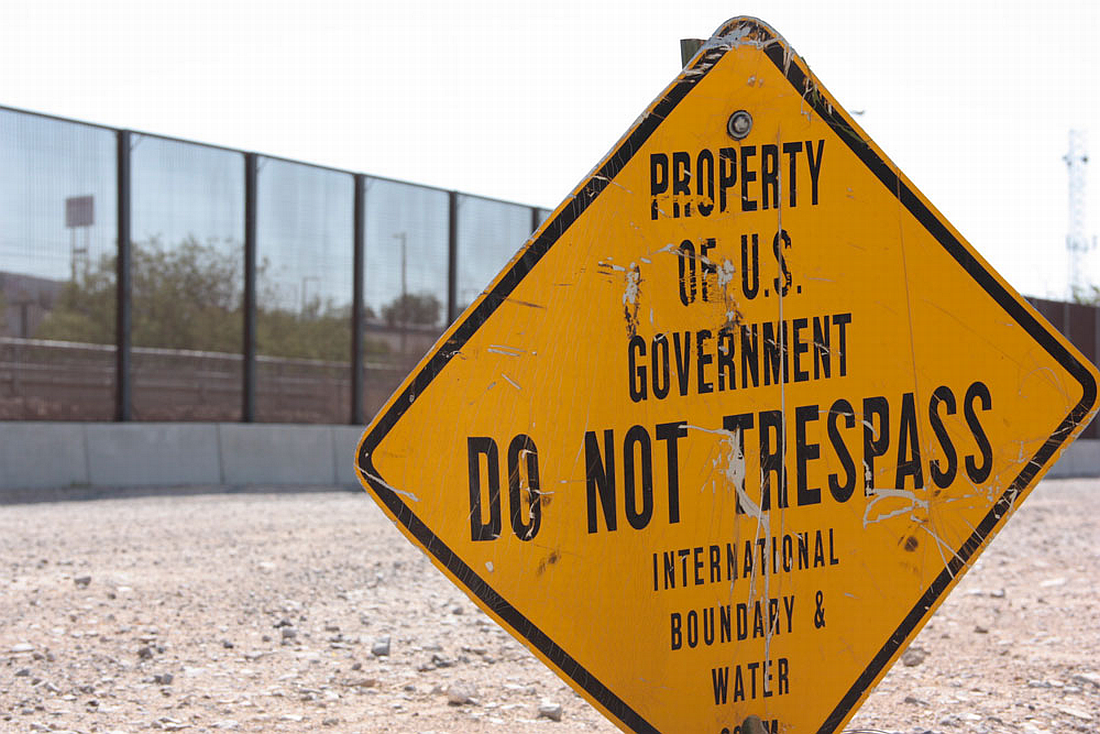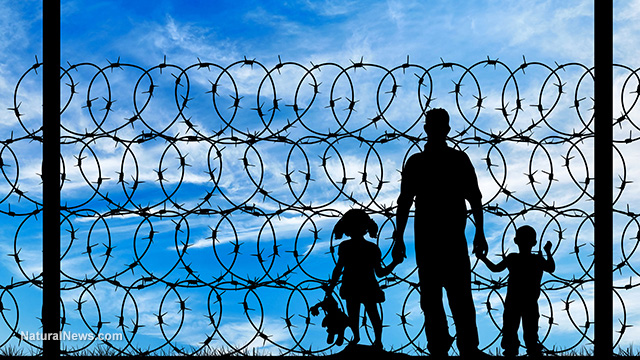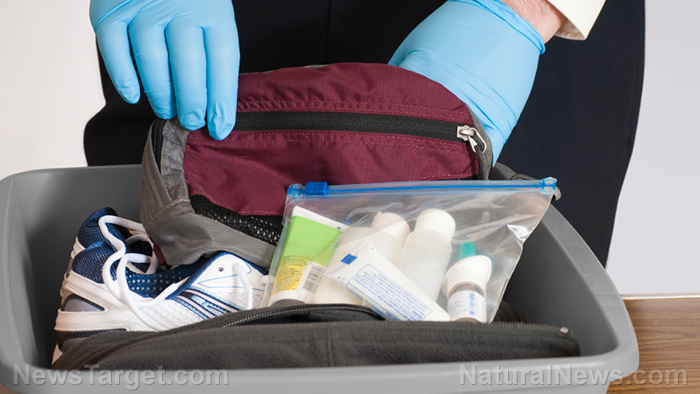Cleaning and disinfecting off-grid: What products to stockpile and how to use them
04/02/2018 / By Vicki Batts
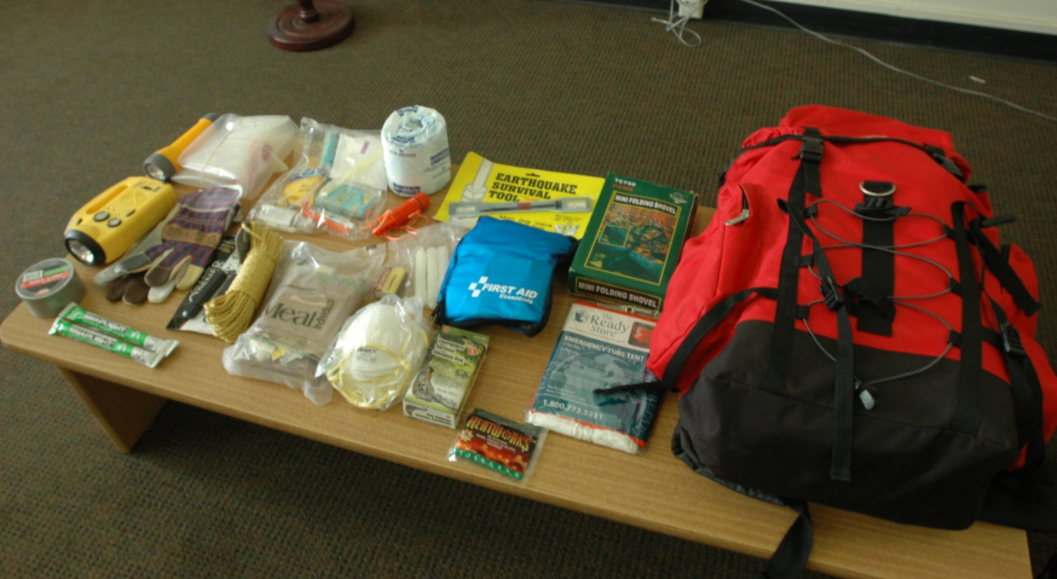
When it comes to prepping and going off-grid, few people forget about necessities like food and water. There’s a host of shelf-stable food and water options to choose from, as well as an even larger variety of survival tools and gadgets. But one basic concept can make survival worlds easier: Hygiene.
In a disaster situation, poor hygiene is a great way to set yourself up for a bad time. Whether it be food poisoning, a parasitic infection or a paper cut-turned-gangrene, keeping yourself and your bug-out area clean is essential to continued survival. There are many options when it comes to what cleaning and disinfecting products to store, and they’ve all got their pluses and minuses.
There is a distinct difference between cleaning and disinfecting. Cleaners, like hand soap, work by physically removing dirt, bacteria and other goodies from a surface. On the other hand, a disinfectant works by killing microbes. Here are the pros and cons of some cleaning items you may wish to keep in your cleaning-and-disinfecting arsenal:
Hydrogen peroxide
Hydrogen peroxide is a great choice for a disinfectant; it’s easy to find and can be used in a variety of applications. However, it should be diluted with water down to a three-percent solution, or else it can be quite toxic. Unlike other disinfectants such as bleach or ammonia, hydrogen peroxide solutions can safely be used for personal care. It can be used for treating wounds, oral care, and disinfecting surfaces.
Hydrogen peroxide is also a great for doing laundry, as it can help lift away tough stains and remove odors.
Ammonia
Ammonia is known for being effective against some major pathogens, like E. coli or Salmonella. However, it can be quite dangerous to the person using it, so take caution if you choose this route. Avoid the fumes and keep away from children. It should only be used to clean surfaces, and only in areas with good ventilation. If you’re hunkered down in an enclosed space, another option may be more well-suited to your purposes. Never mix ammonia and bleach; it will release toxic gas.
Bleach
Bleach is highly regarded for its potency against bacteria and other microbes; it kills just about everything. For best results, bleach is diluted with water to a 10-percent solution. Liquid bleach has a fairly short shelf-life for a disaster scenario; it will start to break down after three to six months. However, Cat Ellis from The Organic Prepper writes that you can store pool shock for a much longer period, and create your own bleach solutions with that.
Bleach solutions should only be used for disinfecting surfaces.
Vinegar, lemon juice and baking soda
The trinity of natural cleaners: Vinegar, lemon juice and baking soda can be used as solo cleaners, or together for a more potent scrub. When used together, this trio can break down dirt and grime, as well as provide some serious disinfecting action. These three ingredients can be used to make any number of non-toxic cleaners.
When diluted to a one-to-one solution with water, vinegar is a great everyday household cleaner. It can be used on kitchen surfaces, in your bathroom, on your floors and poses no threat to you or your family. Adding baking soda to your vinegar will make for a much stronger cleaning product with a more abrasive, scrubby quality.
Vinegar can also be used as a fabric softener in the laundry.
Baking soda and lemon is another great choice, especially if you’re looking to keep odors at bay. Baking soda and lemon, for example, is a great choice for cleaning surfaces like sinks, toilet bowls, showers and tubs.
While these are some of the most common choices for household cleaning and disinfecting, there are surely plenty of other options, like essential oils.
Ultimately, just making sure that you have a few good cleaning supplies on hand is what’s most important. Learn more about what to keep in your survival arsenal at Preparedness.news.
Sources for this article include
Tagged Under: cleaning supplies, emergency medicine, first aid, Gear, hygiene, infectious disease, natural cleaners, off grid, preparedness, prepping, survival

